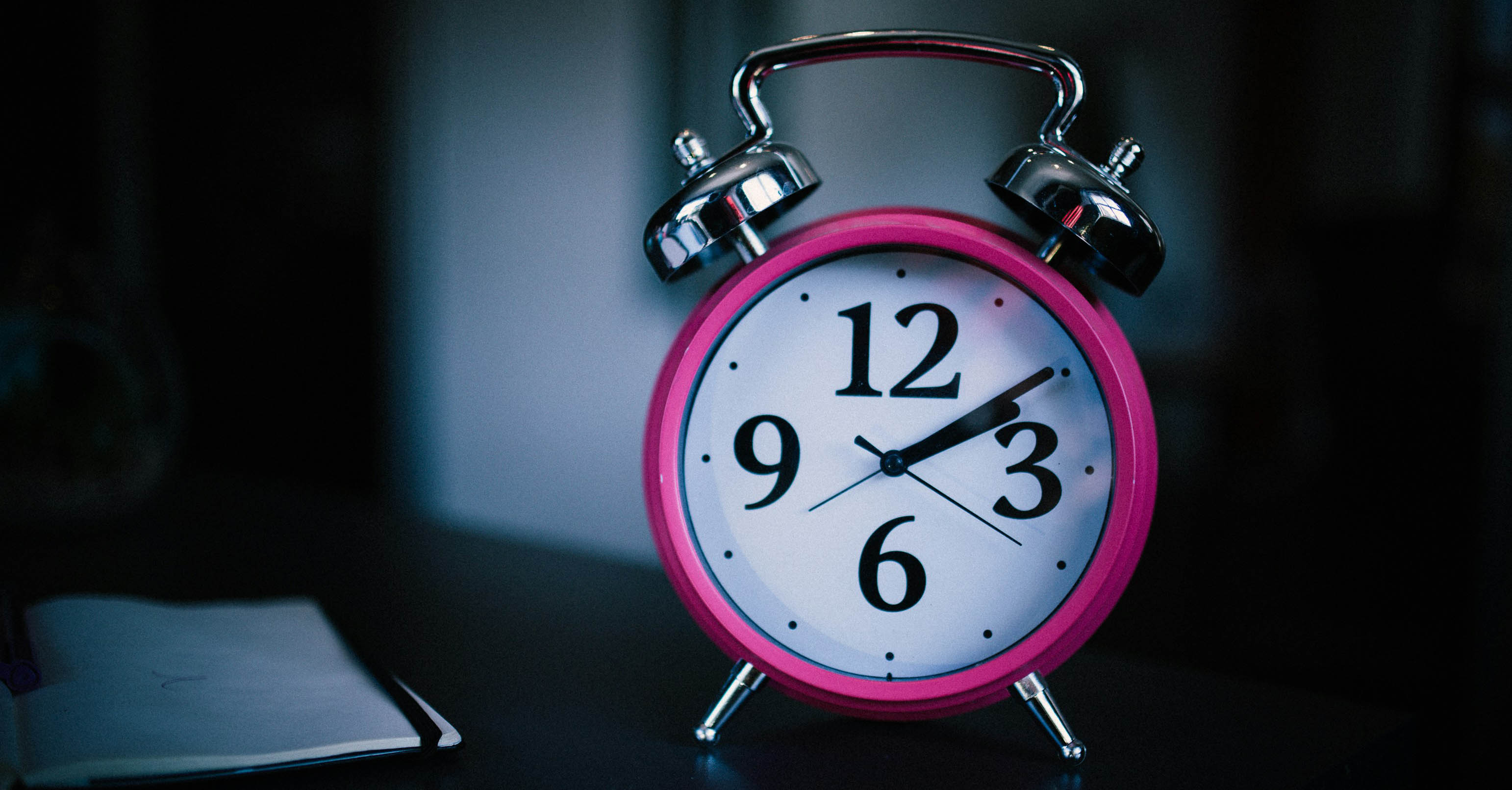Don’t sleep on your micronutrients: Researchers examine manganese levels on sleep outcomes

Sleep plays an integral role in our overall health, with ample research pointing to the detrimental health impacts of poor sleep, such as an increased risk for chronic diseases and obesity. Our nutrition and the food we eat is an incredibly important factor in improving sleep health.
There’s an extensive body of research that explores the relationship between nutrition and sleep, but the contribution the micronutrient manganese (Mn) plays is still relatively understudied, says Young-Ah Seo, associate professor of Nutritional Sciences at the University of Michigan School of Public Health. The primary source of manganese for most individuals is through diet and the consumption of foods like shellfish, legumes, and pineapple, making it a key area of interest to those studying nutrition.
Seo and a team of researchers at Michigan Public Health and the Harvard T.H. Chan School of Public Health worked to investigate this connection further. Published in The Journal of Nutrition, the study delves into the potentially overlooked relationship between manganese and sleep.
Utilizing data from the 2017-2020 National Health and Nutrition Examination Survey (NHANES), the researchers performed a detailed statistical analysis concentrated on the levels of manganese in the blood and the participants' self-reporting of sleep-related indicators such as duration, timing, sleep disturbances, and obstructive sleep apnea symptoms.
The researchers highlighted two significant findings from their study:
- The lowest levels of manganese were associated with short sleep duration and late sleep timing in adult males.
- Low manganese levels were observed in women who reported symptoms of obstructive sleep apnea.
Erica Jansen, an assistant professor of Nutritional Sciences at Michigan Public Health and co-senior author of the study, pointed out that she has often found gender-specific differences revealed in her work as a nutritional epidemiologist. However, she underscored that further exploration into the particular causes of these differences is required. “Men and women are different in terms of the sleep problems they typically face. Some evidence points to the role of hormones in sleep, but the precise pathways of diet, hormones, and sleep have not been elucidated,” she said.
Additional authors of the study include: Lead author, Chia-Lun Yang, who conducted the work while a postdoctoral research fellow at Michigan Public Health; Jennifer Lee and Sung Kyun Park, Michigan Public Health; Cindy Leung, Harvard T.H. Chan School of Public Health.
- Interested in public health? Learn more today.
- Study Finds Consuming More Fruits and Vegetables Can Improve Sleep
- Support research and engaged learning at Michigan Public Health.
Media Contact
Destiny Cook
